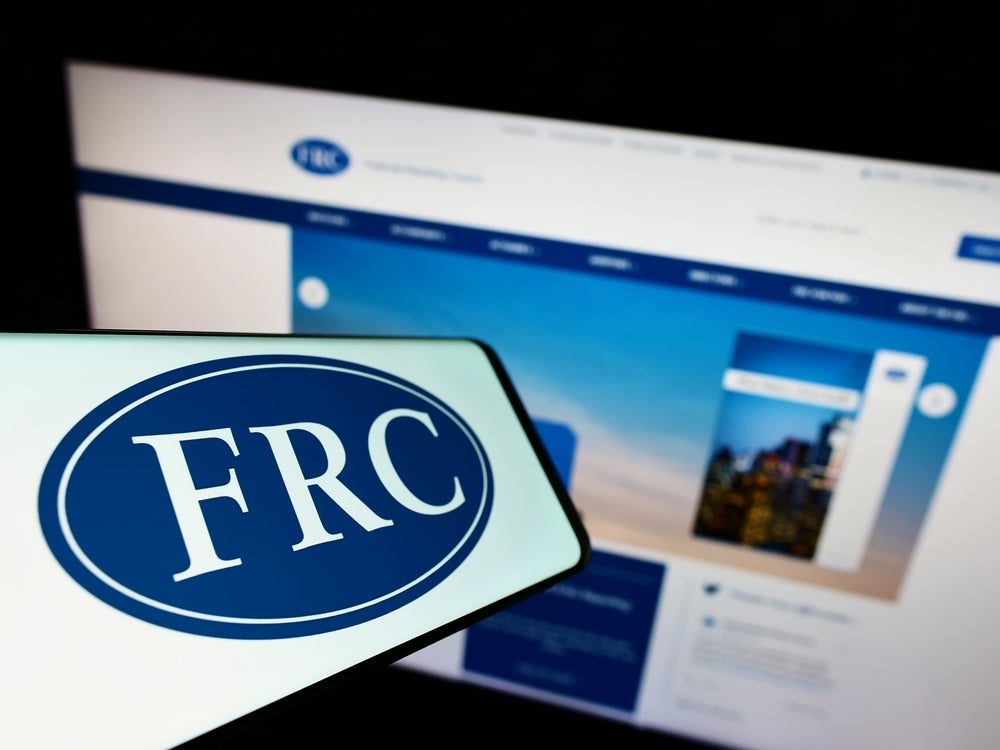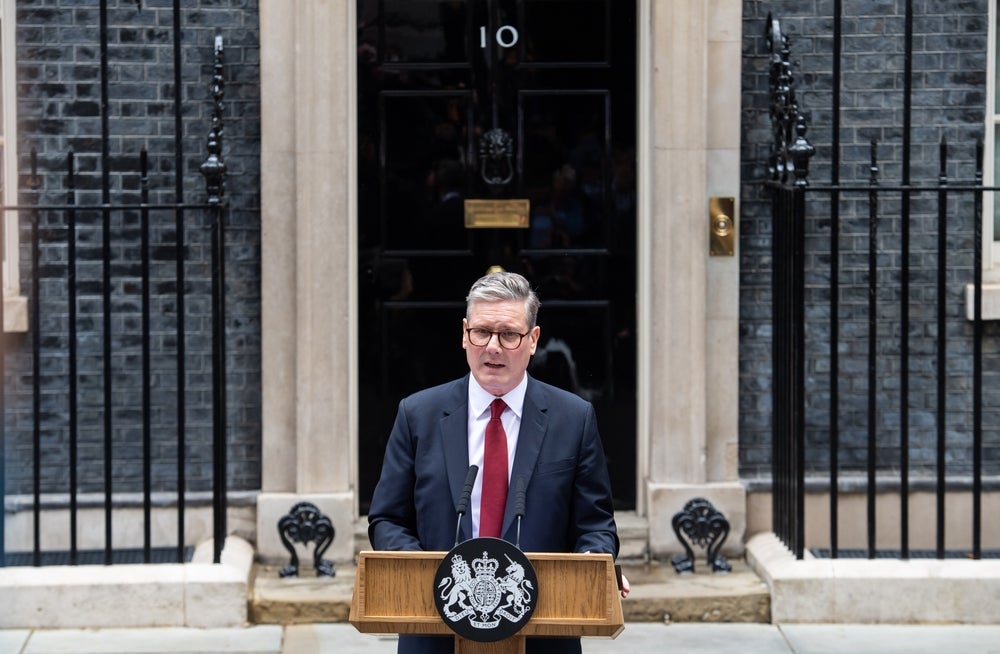The International Accounting Standards Board
(IASB) is seeking feedback on the financial liabilities section of
IFRS 9 Financial Instruments.
The IASB has already completed the
classification and measurement of the financial assets stage of
IFRS 9, the standard that will replace the complex and unpopular
IAS 39.
The liabilities proposal features just one key
change to the accounting outlined in IAS 39, which addresses
counter-intuitive effects of fair value.
Counterintuitive
The IASB said many investors and stakeholders
believe volatility in profit or loss resulting from changes in the
credit risk of liabilities (knows as ‘own credit’) that an entity
chooses to measure at fair value is counterintuitive and does not
provide useful information.
How well do you really know your competitors?
Access the most comprehensive Company Profiles on the market, powered by GlobalData. Save hours of research. Gain competitive edge.

Thank you!
Your download email will arrive shortly
Not ready to buy yet? Download a free sample
We are confident about the unique quality of our Company Profiles. However, we want you to make the most beneficial decision for your business, so we offer a free sample that you can download by submitting the below form
By GlobalDataThe IASB has, therefore, proposed that all
gains and losses resulting from changes in own credit for financial
liabilities that an entity chooses to measure at fair value should
be transferred to other comprehensive income.
Changes in own credit will not affect reported
profit or loss.
“Whilst there are theoretical arguments for
treating financial assets and liabilities in the same way, it is
hard to defend the accounting as providing useful information when
a company suffering deterioration in credit quality is able to book
a corresponding large profit, especially when investors tell us
that such information is often excluded from their financial
models,” IASB chairman David Tweedie explained.
No other changes have been proposed as IASB
consultations revealed most stakeholders felt the existing
requirements, aside from the effects of changes to own credit, work
well.
The exposure draft Fair Value Option for
Financial Liabilities is open for comment until 16 July
2010.






